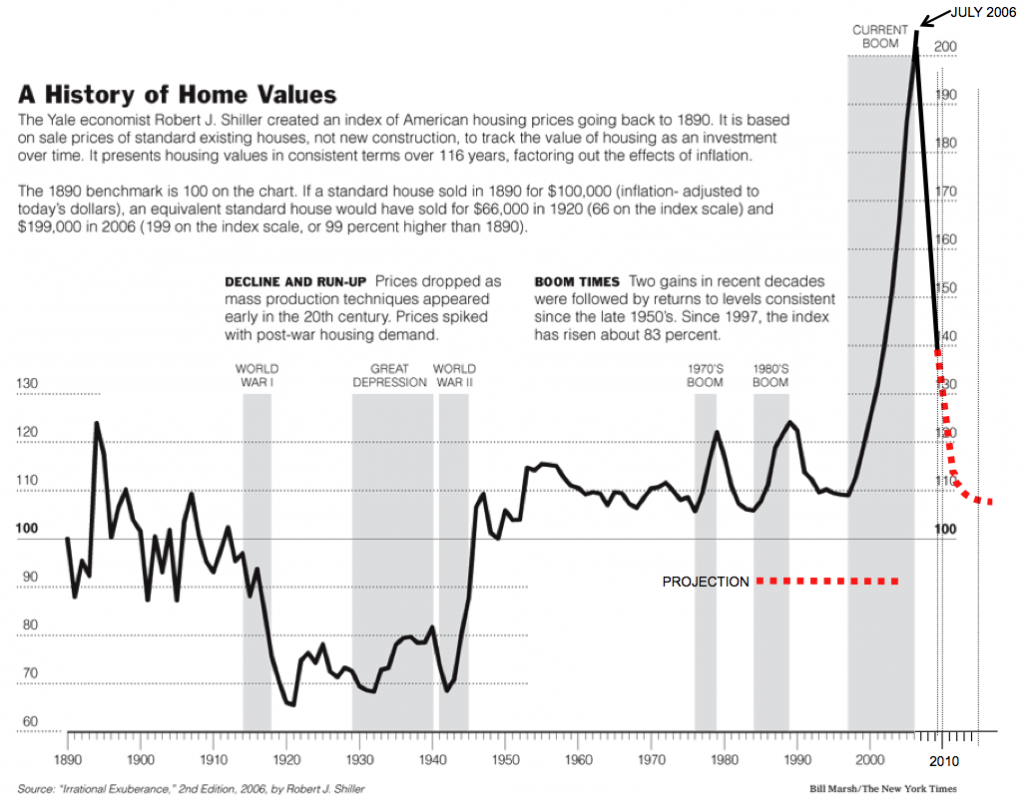Canoe, I am glad you are still free to do whatever you want. Also I have a question about the house free and clear issue. Roughly it seems to me that even a modest house with no mortgages will cost at least half of what a one bedroom apartment in the same or similar area might cost. Often with the apartment one will get some free or much cheaper utilities, and of course zero maintneance costs. Also, there would be no need for tools, painting equipment, ladders, etc., and the apt may be closer to town to save on auto costs. And this analysis values the owner's time at 0, and the owner's or an heir's frustration at selling time at 0 too.
Isn't it likely that the opportunity costs sunk in the house would easily pay the other one half of rent, unless we get into a very heavy-duty inflation?
I am ignoring the option value of the house, assuming that it will be occupied until death.
Ha


